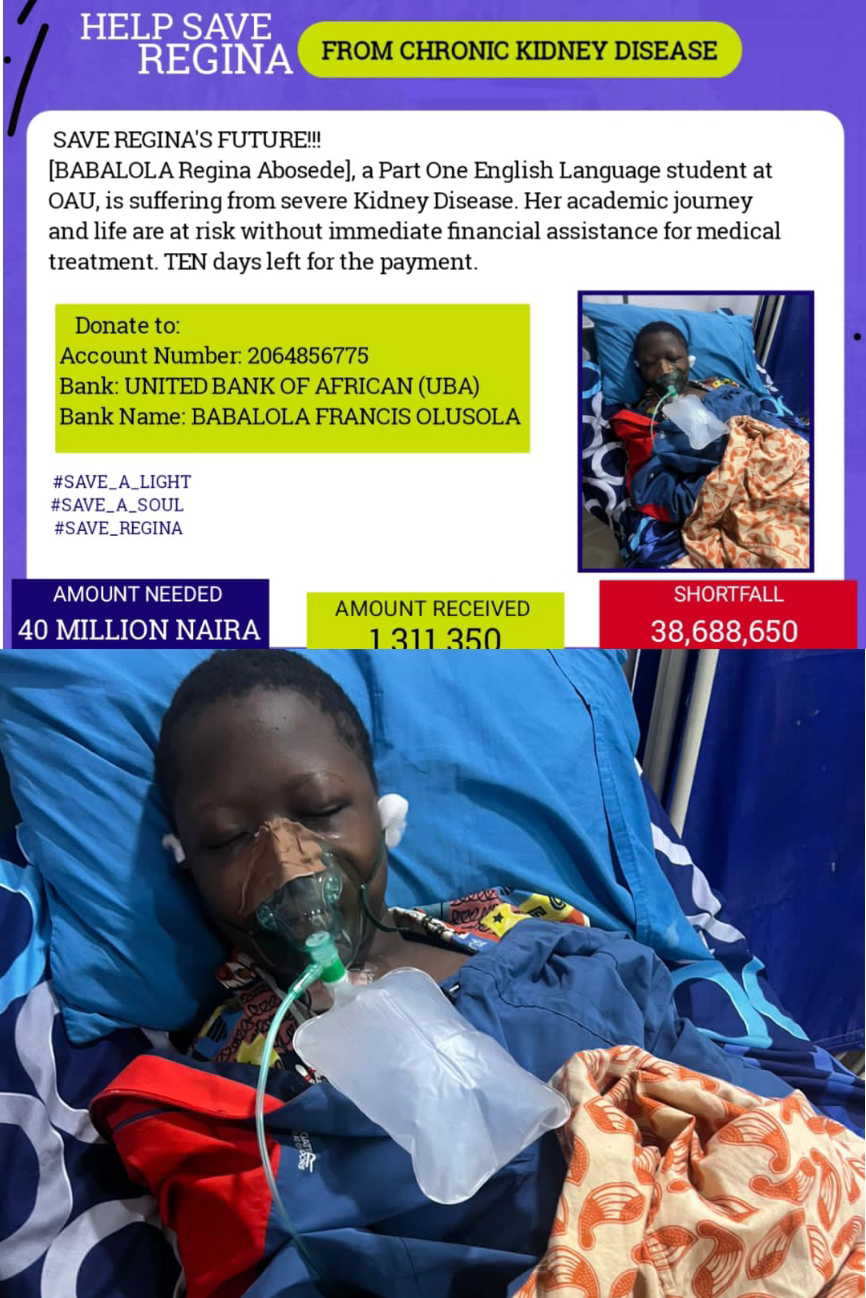"Student loan isn't worth it" - Nigerian Students Debate Merits of New Loan Scheme
Ayanfe Oluwafemi
A recently introduced student loan program in Nigeria has ignited debate among students about its effectiveness in financing higher education.
President Bola Tinubu signed the revised Student Loan Act, known as Access to Higher Education Act, 2024 into law, aiming to address affordability challenges in education. The program offers financial aid for students pursuing university degrees or vocational training.
Student opinions on the loan scheme are varied. Some view it positively.
"This is a great step forward," said Olayinka, a law student. "Many countries offer student loans, and it can help students achieve their educational goals regardless of financial background."
Ayomide, a political science student, agrees that the loans can be beneficial for struggling students, especially with the two-year repayment period after mandatory national service.
However, others express concerns. Adekola, a geography student, worries about high unemployment rates and graduates' ability to repay the loans. He suggests the government focus on creating more jobs for graduates.
Oluwatoyin, a psychology student, raises concerns about potential misuse of the funds. "Stricter regulations are needed to ensure the loans go to students who genuinely need them," she said.
Adding to the conversation, lawyer Femi Falana criticized the National Association of Nigerian Students (NANS) for supporting the loan scheme. He argues that NANS should prioritize advocating for student interests, not government programs.
The revised student loan scheme has sparked a necessary conversation about Nigerian education. Do you think this is the intervention Nigerian students need right now?
YOU CAN RESPOND IN THE COMMENT SECTION




Comments
Post a Comment